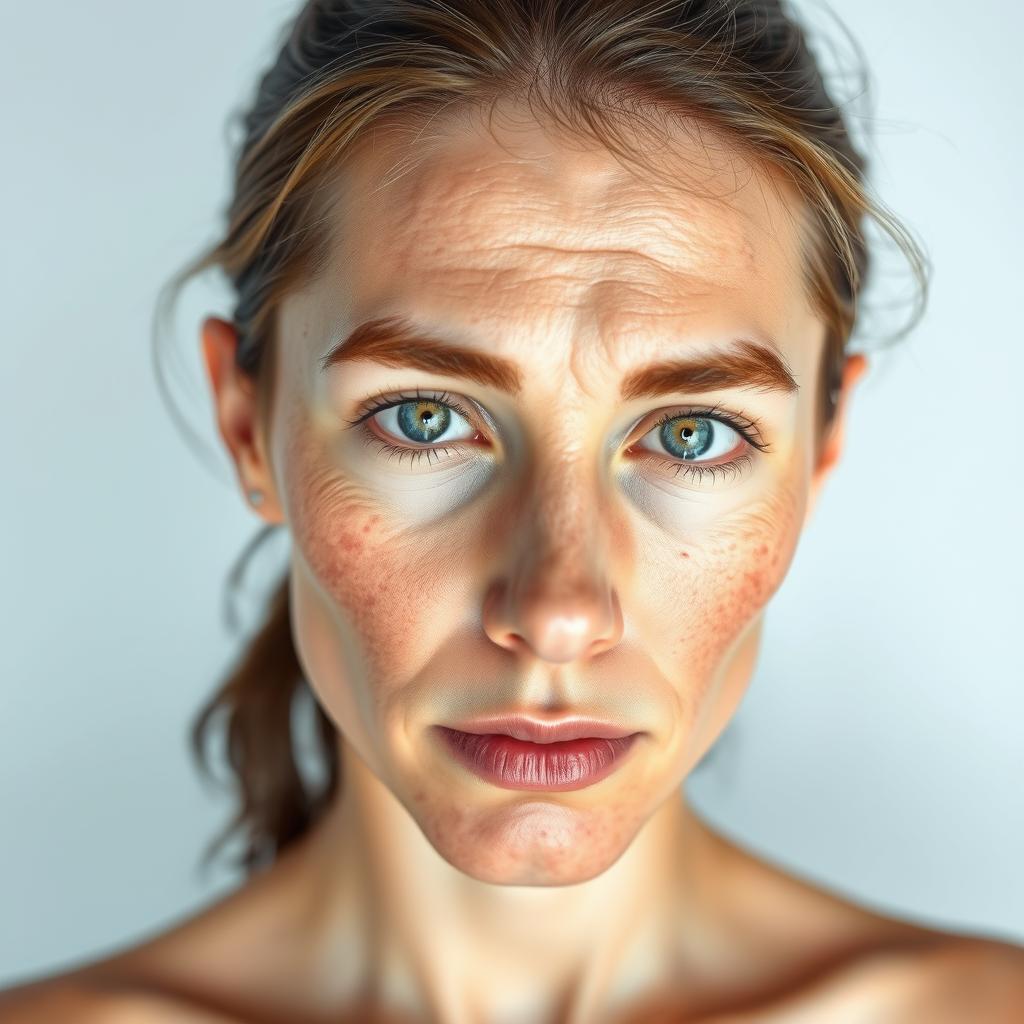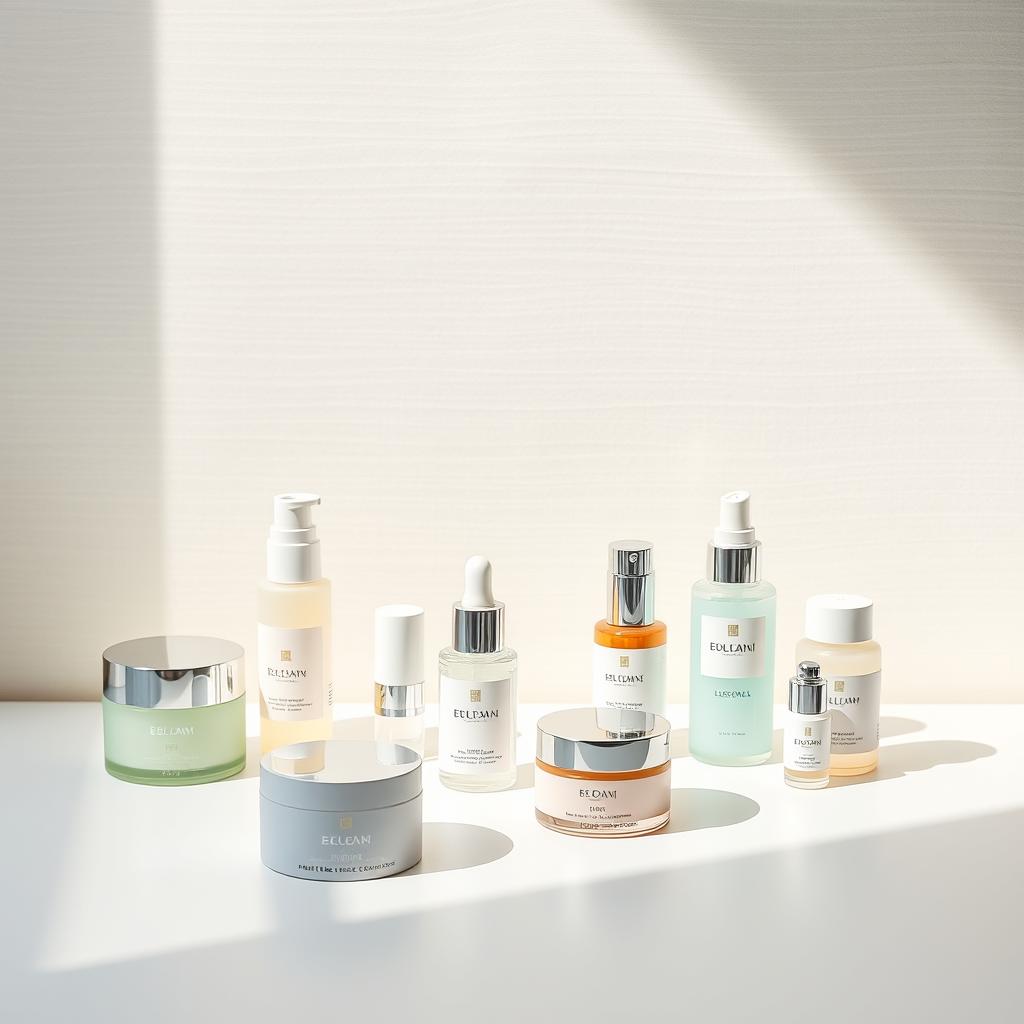Your skin is the biggest organ in your body. It works hard to keep you safe and control your body’s systems. Taking good care of it is key to keeping it healthy.
Finding the right skin treatment can feel like a big task. We’re here to help you figure out what you need. We’ll talk about common problems and the treatments that can help.
By the end of this article, you’ll know how to choose the best care for your skin. You’ll have a routine that fits your needs perfectly.
Key Takeaways
- Understand your skin type and concerns
- Learn about various skin treatment options
- Discover how to create a personalized skincare routine
- Get tips on maintaining healthy, glowing skin
- Make informed decisions about your skincare
Understanding Your Skin Type and Concerns

Your skin is as unique as you are. Knowing its type and concerns is key to good skincare. We all have different skin types and concerns. Finding yours helps choose the right treatments.
Different Skin Types Explained
There are several skin types, each with its own traits. Knowing these differences is vital for a tailored skincare approach.
Dry, Oily, Combination, and Sensitive Skin
Dry skin lacks moisture, feeling tight and flaky. Oily skin produces too much sebum, causing shine and acne. Combination skin is oily in the T-zone and dry elsewhere. Sensitive skin easily reacts to products and the environment, often becoming red or irritated.
How to Determine Your Skin Type
To find your skin type, start with a clean face. Then, wait an hour without any products. Observe your skin: if it’s shiny everywhere, you’re likely oily; if it’s dry and tight, you’re probably dry. Combination skin will show oil mainly in the T-zone.
Common Skin Concerns and Conditions
Beyond skin type, various concerns can affect your skin. These include acne, rosacea, eczema, aging, hyperpigmentation, and seasonal changes.
Acne, Rosacea, and Eczema
Acne is marked by pimples and clogged pores. Rosacea causes redness and visible blood vessels. Eczema leads to itchy, inflamed skin. Each condition needs specific treatments and lifestyle changes.
Aging, Hyperpigmentation, and Sun Damage
Aging skin shows wrinkles and fine lines. Hyperpigmentation results in dark spots or uneven tone. Sun damage can cause both, along with an increased risk of skin cancer. Protecting your skin from the sun is crucial.
Seasonal Skin Changes
Your skin can change with the seasons – dry in winter, oily in summer, for example. Adjusting your skincare routine seasonally can help manage these changes.
Effective Skin Treatment Options for Every Concern
There are many skin treatments out there, from simple products to advanced procedures. Finding the right one can seem hard. But we’re here to help you through it.
Over-the-Counter Solutions
OTC products are a good first step for many skin issues. They offer benefits without needing a doctor’s visit.
Cleansers, Toners, and Serums
Cleansers clear your skin of dirt and impurities. Toners balance your skin’s pH. Serums, with active ingredients, target specific problems like acne or aging. Look for products with salicylic acid or vitamin C.
Moisturizers for Dry Skin
Moisturizers are key for dry skin, keeping it hydrated and protected. Choose moisturizers with hyaluronic acid or ceramides. They help keep moisture in and support your skin’s barrier.
Professional Treatments and Procedures
For serious skin issues, professional treatments can make a big difference. These are done by dermatologists or skincare experts.
Chemical Peels and Microdermabrasion
Chemical peels remove top skin layers, revealing smoother skin. Microdermabrasion is a non-chemical exfoliant that improves texture. Both are great for fine lines, wrinkles, and skin color issues.
Laser Therapy and Injectables
Laser therapy tackles deep wrinkles or scars. Injectables, like Botox or fillers, relax muscles or fill lines. These need a pro’s touch.
Natural and DIY Remedies
If you like natural care, DIY remedies are a gentle, affordable option. Honey, aloe vera, and oatmeal can make nourishing face masks or scrubs.
Matching Skin Treatments to Specific Concerns
Finding the right treatment for your skin is key to looking healthy and glowing. We know that different skin problems need different solutions. Let us help you find the best treatment for your skin.
Solutions for Acne and Oily Skin
Blue light therapy is great for acne and oily skin. It kills the bacteria that cause acne, reducing inflammation and preventing more breakouts. Salicylic acid or benzoyl peroxide in products can also help control oil and shrink pores.
Treatments for Aging and Wrinkles
For aging and wrinkles, options like Thermage, Botox, and dermal fillers are popular. Thermage uses radiofrequency to boost collagen, tightening the skin and reducing fine lines. Botox and dermal fillers relax muscles and fill deep wrinkles, giving a smoother look.
Addressing Hyperpigmentation and Uneven Tone
IPL treatments are great for hyperpigmentation and uneven skin tone. They target discoloration, breaking up pigment for a more even skin tone. Chemical peels and microdermabrasion also help by removing the top skin layers, revealing brighter skin.
Remedies for Sensitive and Reactive Skin
For sensitive skin, gentle treatments are best. Products with aloe vera, green tea, or chamomile can soothe irritation and reduce redness. Avoiding harsh products and extreme temperatures also helps manage sensitivity.
| Skin Concern | Recommended Treatments |
|---|---|
| Acne and Oily Skin | Blue light therapy, salicylic acid, benzoyl peroxide |
| Aging and Wrinkles | Thermage, Botox, dermal fillers |
| Hyperpigmentation and Uneven Tone | IPL treatments, chemical peels, microdermabrasion |
| Sensitive and Reactive Skin | Aloe vera, green tea, chamomile |
How to Create Your Personalized Skin Treatment Regimen
Creating a personalized skin treatment regimen is key to healthy, glowing skin. With so many products and treatments out there, it can be hard to know where to start.
Building a Daily Skincare Routine
A daily skincare routine is the base of any good skin plan. It’s about knowing your skin type and what it needs. Then, use products that meet those needs.
Morning Routine Essentials
Your morning routine should start with a gentle cleanser. Next, use a moisturizer that fits your skin type, like moisturizers for dry skin if you have dry skin. Don’t forget a broad-spectrum sunscreen with at least SPF 30 to protect your skin from the environment and prevent aging.
Evening Routine Components
In the evening, your routine can be more detailed. It includes removing makeup, cleansing, applying a treatment product (like a serum or exfoliant), and moisturizing. This helps repair and rejuvenate your skin while you sleep.
Seasonal Adjustments to Your Regimen
As seasons change, so do your skin’s needs. In winter, switch to a richer moisturizer to fight dry air. In summer, use a lighter moisturizer and more sun protection. Making seasonal adjustments keeps your skin balanced and healthy all year.
When to Consult a Dermatologist
If you’re having trouble finding the right products or if your skin issues don’t go away, see a dermatologist. They can give you personalized advice, diagnose any issues, and suggest professional treatments. Don’t wait to get help when your skin needs it – it will be grateful!
Conclusion
Finding the right skin treatment is a personal journey. It involves understanding your skin type and addressing specific concerns. You also need to choose from various treatment options.
Creating a personalized skincare routine is key. Seeking professional advice when needed is also important. This way, you can achieve the healthy, glowing skin you deserve.
We encourage you to talk to a skincare professional. They can help you find the best skin treatment for your unique needs. With their help, you can develop a plan to address your skin concerns and look youthful.
By taking control of your skincare and making informed decisions, you can enjoy a well-crafted skin treatment regimen. Start your journey today and discover the power of personalized skincare!
FAQ
How do I determine my skin type?
To find out your skin type, watch how it acts all day. Dry skin feels tight and dry. Oily skin is shiny.
Combination skin has oily areas, like the T-zone. Sensitive skin gets upset easily. A dermatologist can also help figure it out.
What are the best moisturizers for dry skin?
Dry skin needs moisturizers that are rich and hydrating. Look for products with hyaluronic acid, ceramides, or niacinamide. Cetaphil and CeraVe are good choices.
Apply moisturizer right after bathing to keep moisture in.
What treatments are effective for acne and oily skin?
Blue light therapy can help with acne. Use products with salicylic acid or benzoyl peroxide to control oil and acne. For serious cases, see a dermatologist.
How can I address hyperpigmentation and uneven skin tone?
IPL treatments work well for hyperpigmentation and uneven skin. Use products with vitamin C, niacinamide, or licorice extract to brighten your skin. Always use sunscreen to prevent dark spots from getting worse.
What are some natural remedies for sensitive skin?
Use gentle, fragrance-free products for sensitive skin. Natural soothers like aloe vera, green tea, and chamomile are good. Stay away from harsh exfoliants and choose gentle cleansers. Always test new products on a small area first.
How often should I adjust my skincare routine?
Change your skincare routine with the seasons. Use more moisturizer in winter and lighter products in summer. Watch how your skin reacts to different products and adjust as needed.
When should I consult a dermatologist?
See a dermatologist for ongoing skin problems like acne, rosacea, or hyperpigmentation. They can also help if you’re not sure about your skin type or the best treatments.


